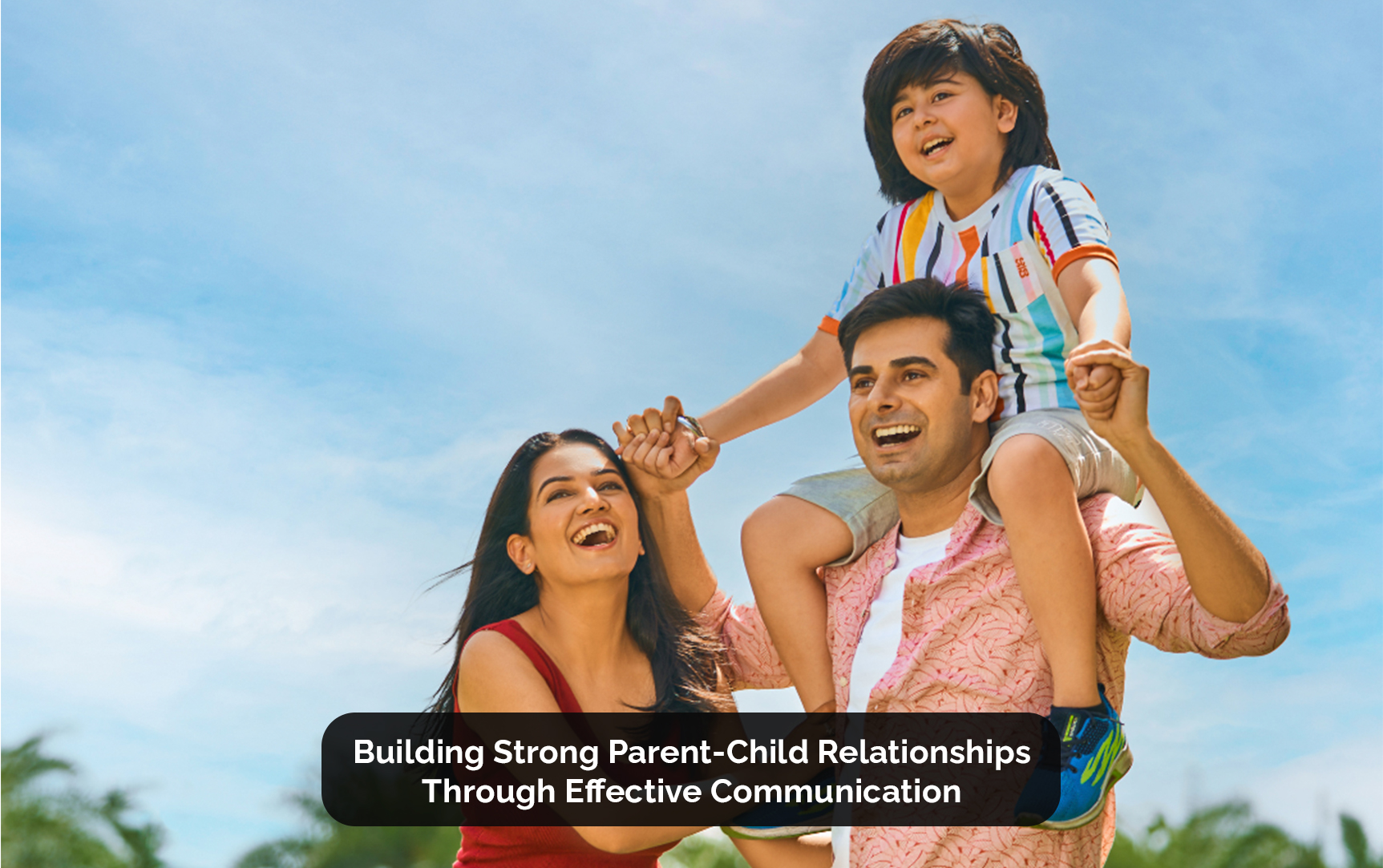
Good communication between you and your child is essential for developing a positive relationship. It will also make it easier for you to talk about complex topics as your child ages. One of the most challenging learning tasks is responding to behaviour.
Active listening
By using gestures such as encouraging smiles and affirming nods, you can show that you are engaged with what your child is saying and care. Getting down to the same eye level as your child as they speak to you can help them feel safer and more connected to you.
Ashiana, Ashiana Housing build homes. Homes surrounded by vast green spaces and fresh breeze. Homes cocooned in secured gated complexes. Homes where futures are forged and there are opportunities to grow. And Homes in environments brimming with healthy activity, trust and respect. At heart, we build communities with care.
Other posts by Ashiana
Join 1000+ of fellow readers. Get expert real estate knowledge straight to your inbox absolutely free. Just enter your email address below.